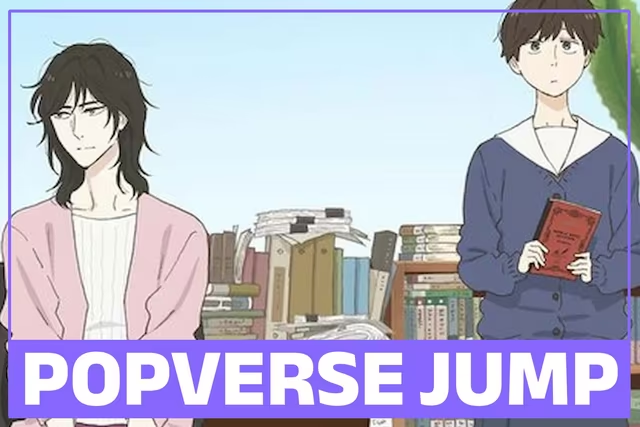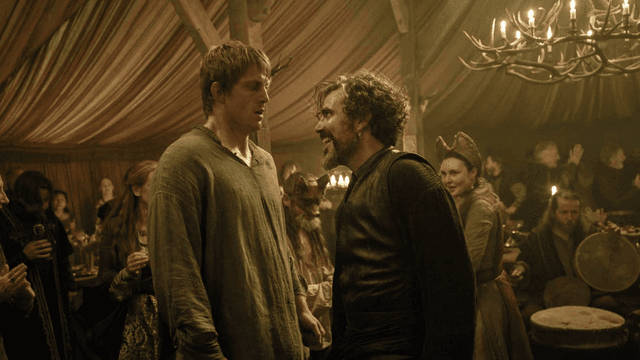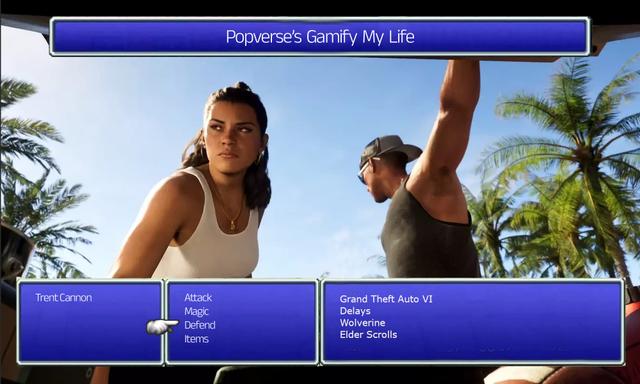If you click on a link and make a purchase we may receive a small commission. Read our editorial policy.
Rediscover the lost Day of Judgment from DC's crossover history
It might seem very like Day of Vengeance, but 1999's Day of Judgment was a different thing altogether (almost)

An apocalyptic event shakes the world to its core – and only a group of morally compromised heroes (and maybe some anti-heroes) can protect humanity from a godlike figure known for passing judgment on those around them. Unusually, this isn’t the plot of a superhero crossover event called Judgment Day… but it is the plot of a superhero crossover event called Day of Judgment.
1999’s Day of Judgment holds a strange place in DC history: it’s the first time future Infinite Crisis and Blackest Night writer Geoff Johns was given the opportunity to head up a DC crossover, and it’s also the storyline that resurrected disgraced Green Lantern Hal Jordan as the Spectre, a development that lasted almost a decade – and yet, it’s one of the few DC event books to never have been collected, nor released digitally. In fact, outside of the Spectre reveal, almost nothing about it has ever been referenced in any other comic since the event ended. It’s almost as if the entire thing never happened, especially given that the whole thing was basically redone a few years later in the similarly-titled Day of Vengeance miniseries.

The similarity between the two projects extends as far as both projects centering around the matter of who controls the near-omnipotent Golden Age hero the Spectre, resulting in the creation of a DC superteam focused on magic-themed characters for later use – although, in the case of Day of Judgment’s Sentinels of Magic, that further use never materialized, perhaps because the name 'Sentinels of Magic' is just not particularly catchy; Shadowpact was far better – as was the awkward, but still-in-use Justice League Dark. (Alternatively, it might be because the Sentinels of Magic didn’t have Detective Chimp as a member; never discount the appeal of a primate, after all.)
DC's Day of Judgment
The actual plot of Day of Judgment is, at its core, a very simple one: Etrigan the Demon, looking to cause chaos in Hell and on Earth, arranges for renegade angel Asmodel to gain control of God’s spirit of vengeance, AKA the Spectre, which swiftly leads to a demonic invasion of Earth. That kind of thing isn’t something that regular superheroes could easily deal with – although there were a number of tie-in titles filled with their attempts, because who could resist Batman: Day of Judgment #1, really? – which necessitated the creation of the Sentinels of Magic, the only heroes who could make things right.
Well, the only hero besides, inexplicably, Superman, who joins the Sentinels on their mission – because it only makes sense to include the one hero whose weaknesses specifically include magic on your magic adventure, apparently.

The Sentinels decide that they’re going to need some help if they’re going to separate the Spectre from Asmodel, so they and an apparently random selection of other heroes – Firestorm! The Atom! – travel to Purgatory, where they discover Hal Jordan, ready and eager to help and seemingly over whatever drove him to kill everyone in the Emerald Twilight storyline a handful of years earlier.
There are additional side quests to Heaven and Hell, where very little happens that ultimately impacts the plot, but the end result is that Hal Jordan gets involved in a three-way battle with Asmodel and the Spectre inside the Spectre himself that then gets interrupted by an entirely different DC demon, Neron from the Underworld Unleashed crossover a few years before, before ending up in control of the Spectre. How did that happen? Reader, I wish I could pretend otherwise, but Hal wins because he cries and tells the Spectre, “I’m a murderer. I caused pain for everyone I’ve ever loved. Vengeance isn’t mine. It’s theirs. I don’t deserve power. I deserve punishment.” That’s right; the Spectre falls victim to a casebook example of negging.
With Hal in charge of the spirit of vengeance, it takes almost no time – and not much real estate; we’re talking just three pages – to undo all the damage done earlier in the series and take care of all the demons responsible. With that, he heads off into an eventual spin-off title, and the Sentinels pretend that they’re going to get a book of their own as well. (They don’t.)
DC's Day of Judgement from a modern point-of-view
Reading Day of Judgment today, what comes across most clearly is the sense that everything almost works, but somehow falls at the final hurdle. There are moments where the roots of Johns’ later, more high-profile, work are visible – the Batman/Hal Jordan interactions here are entirely in keeping with the way he’d have to two interact once he took over the Green Lantern franchise five years later, in particular – but there is certainly the work of someone who hadn’t quite figured out how to tell this kind of story just yet.
For one thing, there are large stretches of the series in which nothing actually happens – or, at least, nothing of any dramatic importance. Heroes visit Heaven and Hell, and yet nothing is actually achieved by either journey that couldn’t have been accomplished elsewhere with less effort; it’s as if the very idea itself is meant to be enough to overwhelm the reader’s imagination. This despite the fact that the series uses a character from a JLA storyline where the heroes met a bunch of angels from Heaven, one of whom would later join the team, with Hell having shown up as a location in countless earlier DCU stories, including a crossover event from just a few years earlier. (1995’s Underworld Unleashed, if you’re wondering.)

Similarly, for a story where Hell literally invades Earth, the stakes seem curiously underwhelming; the reader is told of how disastrous everything will be, but with the narrative so tightly focused on the superheroic stars of the show, it’s difficult to ever actually believe it. This could be a showdown with a redesigned Royal Flush Gang for all that the audience gets to actually see on the page. The only reason to believe otherwise is because characters in the comic are telling us.
Part of this is also the fault of the art, but I find myself curiously defensive of Matthew Smith’s artwork in the series; purposefully stylized in a manner that owes something to Mike Mignola if his work had better lighting, there’s a pleasing abstraction there that feels at odds with any artistic trends of the moment, even if the work also feels lacking in specificity or dynamism at times. It’s imperfect, sure – arguably as much as Johns’ writing for the mini – but there’s also something appealing about its singularness, and seeming lack of desire to be anything other than what it is.
Ultimately, Day of Judgment belongs to the lineage of well-meaning, but misfiring DC events – see also Armageddon 2001, War of the Gods, or Our Worlds at War – in that, despite all the ingredients being present and correct, there’s something wrong with the execution in some way. It’s so very close to being the comic that it thinks it is, but it doesn’t quite manage it. In terms of the Great British Baking Show, it’s a cake with a soggy bottom; when it comes to figures of ultimate judgment, it’s hard to imagine the Spectre being less forgiving than Paul Hollywood.
While thinking about alternate Judgment Days, why not re-examine the unlikely team-up between Alan Moore and Rob Liefeld? That can be found right here, in case it seems so unlikely that it’s difficult to imagine it even happening…
Follow Popverse for upcoming event coverage and news
Find out how we conduct our review by reading our review policy
Let Popverse be your tour guide through the wilderness of pop culture
Sign in and let us help you find your new favorite thing.
















Comments
Want to join the discussion? Please activate your account first.
Visit Reedpop ID if you need to resend the confirmation email.